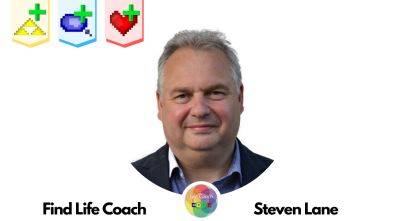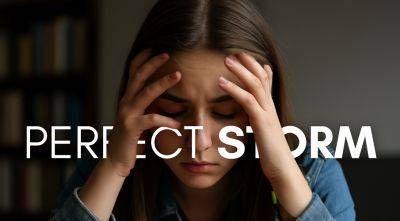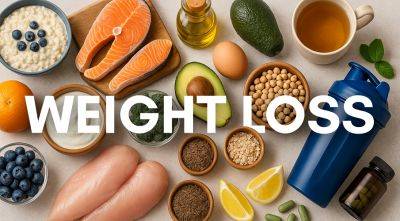Group Dynamics in IOPs: Building Supportive Communities for Recovery
Introduction Group dynamics play a pivotal role in Intensive Outpatient Programs (IOPs) for mental health and substance abuse recovery.
These dynamics facilitate a supportive community environment, essential for effective treatment and long-term recovery. This article explores the significance of group dynamics in IOPs and how they contribute to building strong, supportive communities for individuals on their recovery journey.
The Essence of Group Therapy in IOPs Foundation of IOP Treatment Group therapy is a cornerstone of most IOPs. It provides a platform for patients to share experiences, offer mutual support, and learn from each other under the guidance of a trained therapist.
Benefits of Group Interaction Participating in group therapy allows individuals to see that they are not alone in their struggles, fostering a sense of belonging and shared purpose.
Read more on curiousmindmagazine.com





































